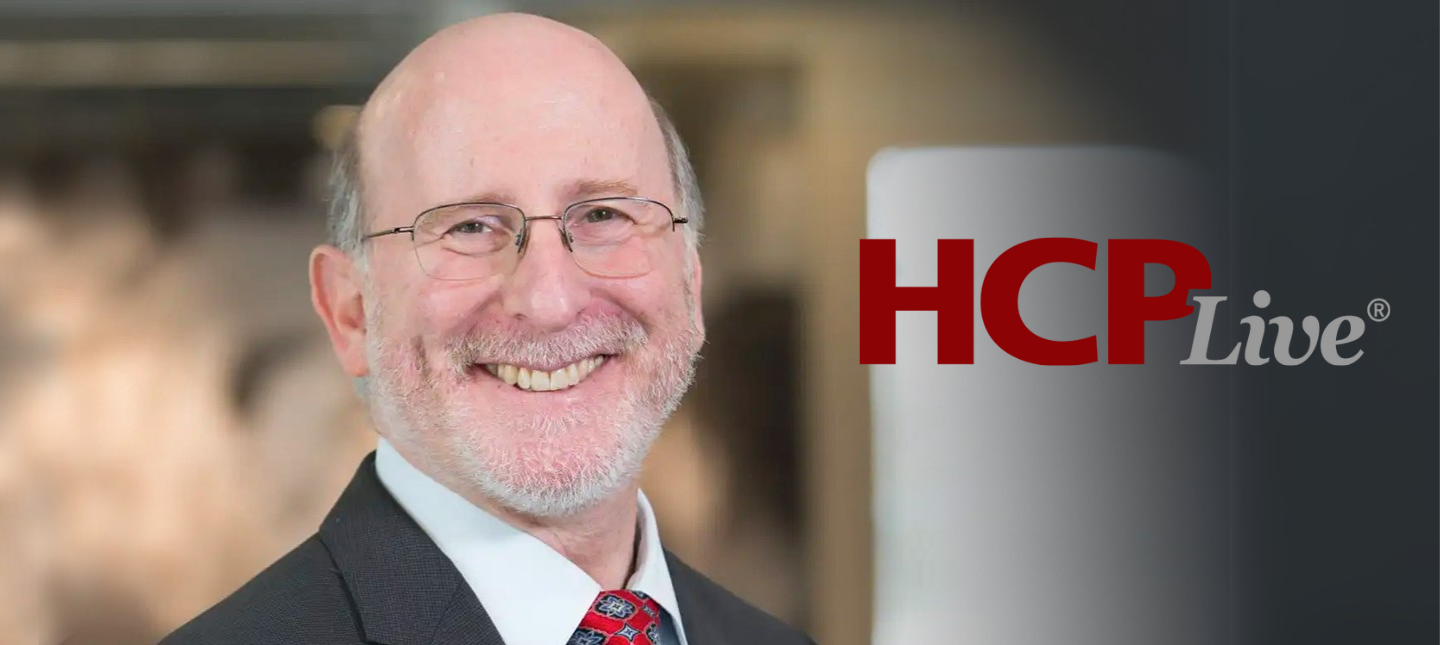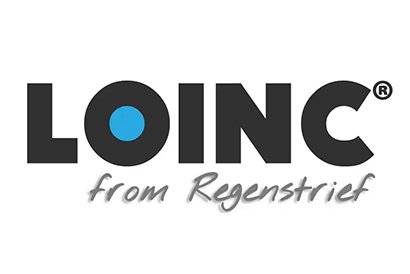LOINC® at Regenstrief, an international health data standard critical to health information exchange, has received additional federal funding to support efforts to respond to the COVID-19 pandemic and future public health needs. The funding, expected to total about $2 million, is from the Office of the National Coordinator for Health Information Technology (ONC) and the National Library of Medicine (NLM).
LOINC, short for Logical Observation Identifiers Names and Codes, is a standard for identifying health measurements, observations, and documents. Created and maintained at Regenstrief Institute, LOINC enables the identification, exchange, and collection of data across health systems and is used around the world. The current COVID-19 pandemic has highlighted the value of this standard and its impact on health data interoperability. Using a universal system for encoding health measurements ensures that each entity that receives the information is able to correctly recognize and classify test results, leading to more complete and accurate data associated with the virus.
“LOINC is invaluable as a tool to help address public health crises such as the current pandemic,” said Marjorie Rallins, DPM, M.S., executive director of LOINC. “These grants will help strengthen the capabilities of LOINC, leading to greater and more rapid information exchange and reporting. Accurate and expeditious data sharing is critical to developing solutions to this or any public health crisis.
With the new funding from ONC, the LOINC team will work to prioritize the creation of specific COVID-19 LOINC terms requested by non-governmental agencies, improve mapping services and upgrade technical infrastructure to support rapid response to the pandemic as well as other public health needs. The goal is to expand and improve the adoption of LOINC terminology standards that enable the exchange of information between health systems and public health entities. The award is expected to total $1.5 million over five years.
“LOINC powers everyday interoperability,” said Steven Posnack, M.S., MHS, deputy national coordinator for health information technology at ONC. “From lab tests to clinical observations, LOINC is continuously updated to support innovation in medicine and public health emergencies like we’re in today.”
The NLM funding of approximately a half-million dollars will enable development of new LOINC content based on requests from federal agencies. LOINC will also work with other standards development organizations, connecting terms with other classification systems. LOINC will also support its user community in implementing COVID-19-related terms.
LOINC has been working with U.S. government agencies, public health departments, reference labs and in vitro diagnostic manufacturers since the SARS-CoV-2 virus was first identified more than a year ago, creating terms and enabling improved tracking of the virus.
With long-term funding support from U.S. federal agencies and other organizations, LOINC is available free of charge and has users in nearly every country in the world.
About LOINC®
LOINC was created in 1994 at Regenstrief Institute to facilitate interoperability in healthcare. There was a growing trend to send clinical data electronically between healthcare entities, a practice that has now become ubiquitous. Today, it contains almost 95,000 terms for everything from a serum alpha 1 antitrypsin level to a zygomatic arch x-ray report. For each concept, LOINC contains many other rich details, such as synonyms, units of measure, and carefully crafted descriptions.
About Regenstrief Institute
Founded in 1969 in Indianapolis, the Regenstrief Institute is a local, national and global leader dedicated to a world where better information empowers people to end disease and realize true health. A key research partner to Indiana University, Regenstrief and its research scientists are responsible for a growing number of major healthcare innovations and studies. Examples range from the development of global health information technology standards that enable the use and interoperability of electronic health records to improving patient-physician communications, to creating models of care that inform practice and improve the lives of patients around the globe.
Sam Regenstrief, a nationally successful entrepreneur from Connersville, Indiana, founded the institute with the goal of making healthcare more efficient and accessible for everyone. His vision continues to guide the institute’s research mission.









